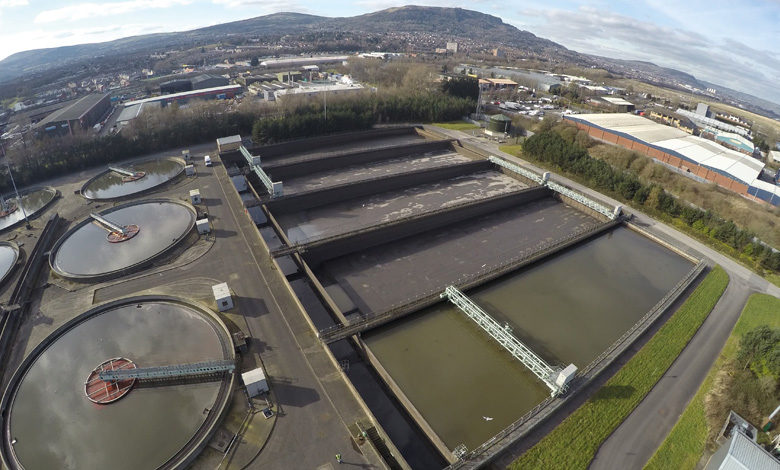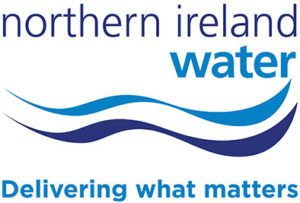NI Water: Completing the virtual circle

Running a utility these days sometimes feels like trying to align all the colours on one of those old Rubik’s cubes. There are so many different elements it is difficult to see how they all fit together.
The job description for NI Water, at first, seems straightforward as an essential utility dedicated to delivering what matters for Northern Ireland including the environment, the economy and the public’s health, seven days a week, 365 days a year.
That means continuing to provide the quality of water that is essential to our daily lives and health. But it also means making up for the legacy of under-investment in the part of the water service that people tend to ignore: waste water treatment.
Failure to invest in that in the past means we do not have enough capacity to permit the natural growth in housing and business development that our economy needs to keep growing.
But it also means that we may have discharges of diluted waste into our rivers and water courses at a time when people, rightly, are demanding higher standards.
On top of that come other challenges. The Northern Ireland Assembly’s Climate Change Act has now enshrined in law the target of net zero by 2050 and NI Water, like all public bodies here, will be expected to play its part in reaching that target both in the way it manages its natural assets and in its consumption of energy as the biggest user of electricity in Northern Ireland.
And, of course, the price of that energy has risen exponentially in the last year, at the same time as public finances have become much tighter.
It is a daunting list, but not impossible, so long as we approach it in the right way.
The danger is that we take each issue on its own without thinking through the synergies, and tensions, involved. That is what happened in the past and we are paying the price for it today.
It was perfectly understandable why at a time when money was short to think that prioritising water quality over wastewater services was the right thing to do, but the result was that, collectively, we failed to realise the implications of that both for the economy and the environment which is such an important part of our “sell” to the outside world. Thankfully, working with the Department for Infrastructure and the Utility Regulator, we have begun to put that right.

“We can both lower the cost of our energy and do it in such a way as to reduce our impact on the climate.”
Equally, however, now it would be a mistake to think of how we lower the cost of energy and meet the net zero climate change target as two separate issues in which we have to choose to prioritise one or the other. We not only have to do both but there is a real opportunity to create a win/win situation for Northern Ireland if we think of them as essentially flip sides of the same coin.
We can both lower the cost of our energy and do it in such a way as to reduce our impact on the climate, as well as addressing the legacy of under investment in our wastewater services.
NI Water is exploring the possibility of establishing its own wind farm to meet its energy needs. The thinking is at an early stage, but the possibility is there and if realised would mean the cost of the electricity we use would no longer be tied to the global price of gas. It would also mean we would have more control over one of our main costs, and, therefore, the burden we place on the taxpayer.
And Northern Ireland, as a whole, would have to import less fossil fuels and, therefore, find it easier to hit the target of reaching net zero. A virtual circle is possible.
Electrolysis is another possibility. Splitting water into oxygen and green hydrogen at our treatment works would have two benefits. A pilot project we ran at Kinnegar near Holywood showed that using the oxygen from electrolysis has the potential to increase the capacity of our wastewater treatment works, and, in turn, that would make room for more housing and business development.
And increasing capacity would not just help address that legacy of under-investment it would also help future proof against the adverse effects of climate change. More frequent floods could mean more discharges in our rivers unless we start acting now.
At a time when budgets are tight or shrinking and the focus is naturally on the immediate pressures we all face such ideas can seem slightly irrelevant to dealing with present day reality. But it was the failure to think strategically and to join up the dots that has helped create those pressures. That is a mistake we should not make again.
Contact us for further info:
niwater.com/contact-us/
or Email: waterline@niwater.com






